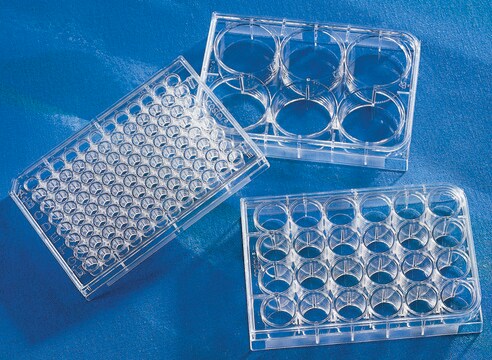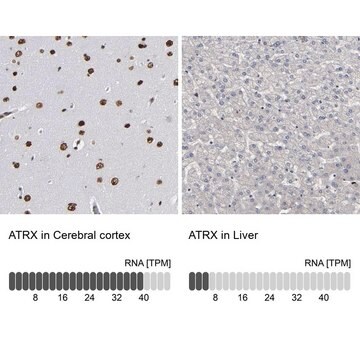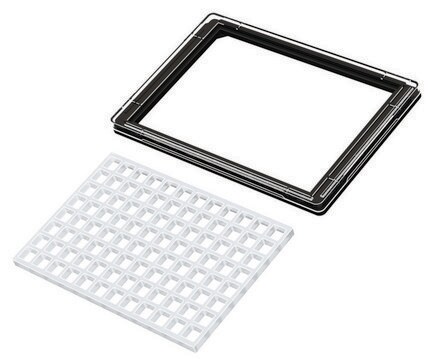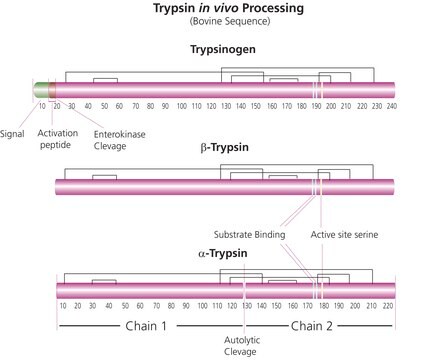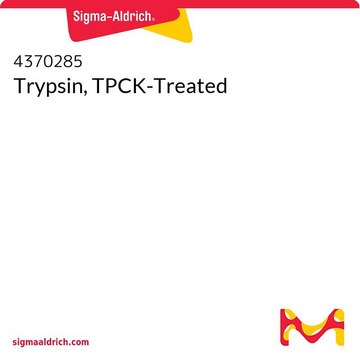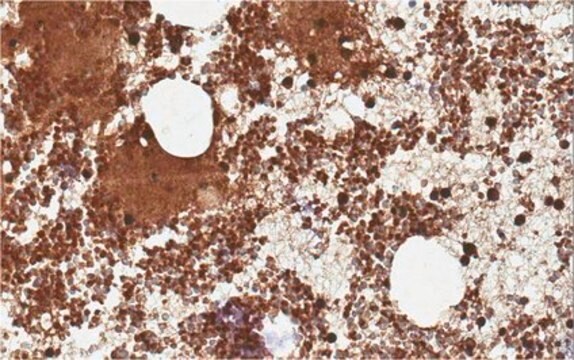MABN2485
Anti-Cdc42 Antibody, clone 28-10
clone 28-10, from mouse
Synonym(s):
Cell division control protein 42, Suppressor of RHO3 protein 2
About This Item
WB
western blot: suitable
Recommended Products
biological source
mouse
antibody form
purified immunoglobulin
antibody product type
primary antibodies
clone
28-10, monoclonal
species reactivity
yeast, human, mouse
packaging
antibody small pack of 25 μL
technique(s)
immunocytochemistry: suitable
western blot: suitable
isotype
IgG1κ
NCBI accession no.
UniProt accession no.
target post-translational modification
unmodified
Gene Information
human ... CDC42(998)
General description
Specificity
Immunogen
Application
Neuroscience
Immunocytochemistry Analysis: A representative lot detected Cdc42 in Immunocytochemistry applications (Wu, H., et. al. (2010). Mol Cell Biol. 30(21):5207-17).
Quality
Western Blotting Analysis: A 1:1,000 dilution of this antibody detected Cdc42 in HeLa cell lysate.
Target description
Physical form
Storage and Stability
Other Notes
Disclaimer
Not finding the right product?
Try our Product Selector Tool.
Certificates of Analysis (COA)
Search for Certificates of Analysis (COA) by entering the products Lot/Batch Number. Lot and Batch Numbers can be found on a product’s label following the words ‘Lot’ or ‘Batch’.
Already Own This Product?
Find documentation for the products that you have recently purchased in the Document Library.
Our team of scientists has experience in all areas of research including Life Science, Material Science, Chemical Synthesis, Chromatography, Analytical and many others.
Contact Technical Service
